My impression that Bach has come to rival Shakespeare as a flawless reference point in the cultural life of the nation has recently received some further corroboration. Remember the fuss that some academics, in the hope of recognition, created around the authorship of the bard’s works and where it got them? I don’t know how far the non-specialist public has been swayed by the BBC4 television programme entitled Written By Mrs Bach, but the Earl of Oxford came to mind as I watched it. The claims in the programme are so obviously rubbish that I would have thought the average film company might have thought twice about filming it, let alone the BBC airing it. But if it hadn’t been Bach in question no one would have taken it up. Who cares who wrote Haydn’s piano trios?
The film was the result of an obsession that an Australian academic, Martin Jarvis, developed some years ago about the manuscript of Bach’s cello suites. On a technicality about the meaning of an 18th-century French word used by a German-speaking woman (Anna Magdalena Bach), he bases a whole rigmarole of sensational extrapolations about Bach, which include suicide, destruction of property and extramarital relations, as well as the idea that Anna Magdalena must have written these suites. Perhaps the real traction of Jarvis’s arguments — his claim to be a ‘professor’, as he is called rather too often in his film, has been called into question — is bound up in something much more tediously modern and self-aggrandising than pure research. At one point the narrator says, ‘J.S. Bach is big business and big business means big money, and that means vested interest. Allegedly, genuine Bach documents have huge value to certain people and organisations. Martin’s research could seriously devalue this specialist marketplace. The very authenticity of some Bach signatures may now be called into question. Fingers could be badly burnt. Beliefs and bank balances could go up in smoke.’
So, you come up with an untenable theory, go too far with it, and then threaten your colleagues in the profession who warned you all along that it was nonsense. One such colleague is the doyen of Bach scholars Christoph Wolff, who told an interviewer, ‘I am sick and tired of this stupid thesis. When I served as director of the Leipzig Bach Archive from 2001 to 2013, I and my colleagues there extensively refuted the basic premises of the thesis, on grounds of documents, manuscript sources and musical grounds. There is not a shred of evidence, but Jarvis doesn’t give up despite the fact that several years ago, at a Bach conference in Oxford, a room full of serious Bach scholars gave him an embarrassing showdown.’
Which makes it all the more surprising that the BBC broadcast Jarvis’s film. Maybe they thought that the possibility of a woman writing some famous music was the kind of project they should put their weight behind. Maybe they didn’t fully grasp the implications of one of Jarvis’s arguments in favour of Anna Magdalena as the composer: that the ‘simpler’ cello suites are allegedly not up to the ‘complex and intellectually challenging’ musical standard of the unaccompanied sonatas and partitas for violin.
Another colleague is Ruth Tatlow, who has just published a detailed demolition of Jarvis’s point of view. She concludes, ‘Soon the buzz surrounding Written by Mrs Bach will die down and this lamentable episode forgotten. As we look forward, let us ensure that the next prize-winning Bach film highlights research worthy of international attention.’
A hundred years ago, E.M. Forster wrote in Howards End, ‘It will be generally admitted that Beethoven’s Fifth Symphony is the most sublime noise that has ever penetrated into the ear of man. All sorts and conditions are satisfied by it.’ That was how the classical music scene was seen, and that was how it continued to be seen, until the early-music revival of the Seventies and Eighties promoted Bach to the point where the Viennese masters, alongside Tchaikovsky and Brahms, were pushed into second place.
I have no objection to this other than that it threatens distortion, as Jarvis so ably proves. Hero worship suits the media because non-specialists love a bit of miracle, but it also has the power to devalue. It has been my pleasure to attend part of a Bach organ cycle, played by Daniel Hyde on the new Dobson organ in Merton College Chapel, Oxford. One of the advantages of a cycle of this kind is a more exact appreciation of what the composer actually achieved. In this case, there are the mighty preludes and fugues, and there are the workaday contents of the Orgelbüchlein. It is a picture in which nobody’s bank balance is implicated. Dan continues his series most Thursday lunchtimes until 18 June. Entry is free.
Got something to add? Join the discussion and comment below.
Get 10 issues for just $10
Subscribe to The Spectator Australia today for the next 10 magazine issues, plus full online access, for just $10.

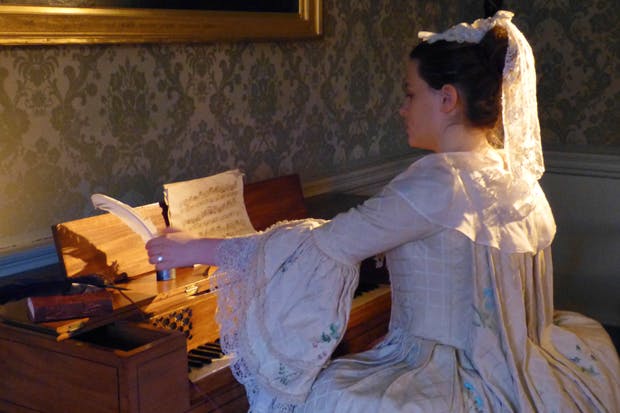
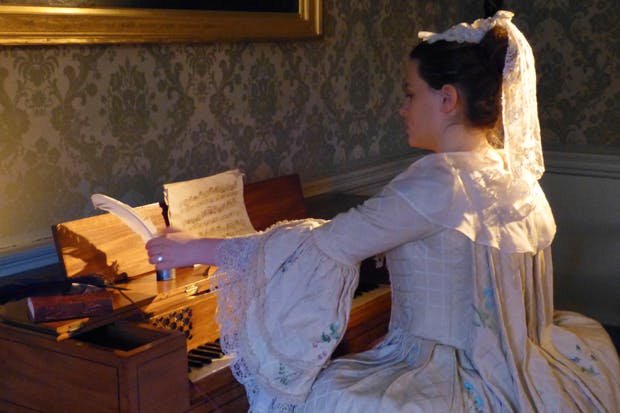
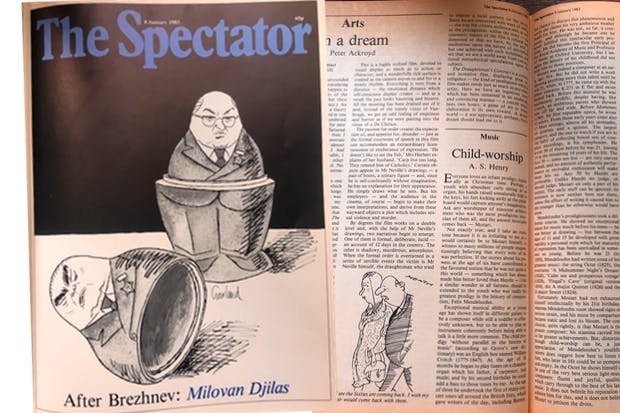
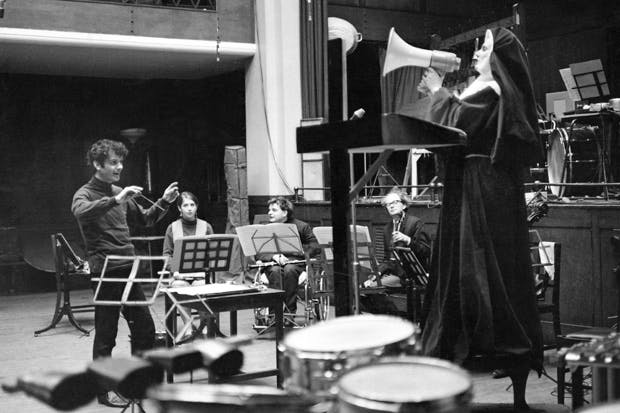
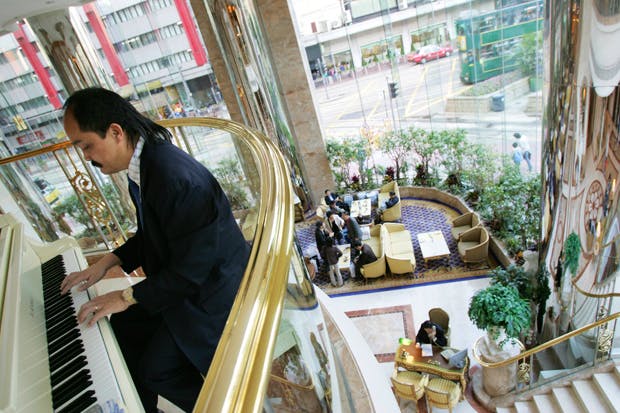






Comments
Don't miss out
Join the conversation with other Spectator Australia readers. Subscribe to leave a comment.
SUBSCRIBEAlready a subscriber? Log in